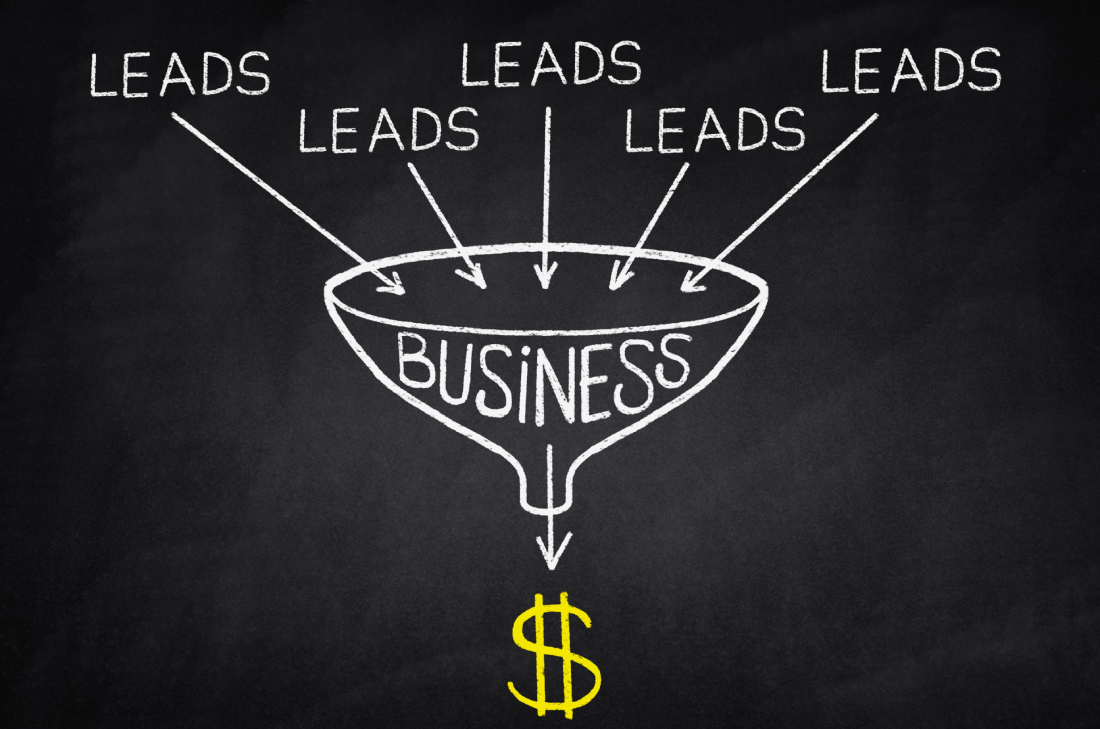Table of Contents
ToggleIn the realm of B2B marketing, generating high-quality leads and converting them into loyal customers is crucial for sustainable business growth. However, with complex buying cycles, multiple decision-makers, and long sales processes, identifying the most promising leads becomes even more challenging. This is where lead scoring in Customer Relationship Management (CRM) systems like HubSpot and Salesforce plays a pivotal role. By implementing effective lead scoring strategies, B2B marketers can prioritize their efforts, focus on the most qualified leads, and drive significant business success. In this article, we’ll delve into the world of lead scoring and explore how you can leverage the power of these CRM systems to supercharge your B2B marketing efforts.
Lead Scoring in B2B Marketing
Lead scoring is a methodology that assigns a numerical value or score to leads based on their characteristics, behaviors, and interactions with your brand. In the context of B2B marketing, lead scoring becomes even more critical due to the complexity of B2B sales cycles and the involvement of multiple decision-makers. By evaluating lead attributes such as company size, industry, job title, engagement levels, and lead source, you can classify B2B leads into different categories based on their scores, enabling you to focus on those with the highest potential for conversion.
Benefits of Lead Scoring in B2B Marketing
- Improved Lead Prioritization: Lead scoring helps you identify and prioritize leads with the highest potential to become valuable customers. This ensures that your sales team focuses their time and resources on leads most likely to convert, resulting in higher conversion rates.
- Enhanced Personalization: Lead scoring allows you to segment your B2B leads based on their scores, enabling you to deliver more targeted and personalized marketing messages. This helps you tailor your communication to the specific needs and pain points of each lead segment, resulting in more impactful engagements.
- Sales and Marketing Alignment: Lead scoring fosters better collaboration and alignment between sales and marketing teams. By defining clear lead scoring criteria, both teams can agree on what constitutes a qualified lead, improving communication, and driving shared goals.
- Data-Driven Decision Making: Lead scoring relies on data and analytics, providing insights into lead behavior, interests, and engagement levels. These insights empower you to make data-driven decisions, optimize your marketing strategies, and refine your lead scoring model for continuous improvement.

Leveraging HubSpot for B2B Lead Scoring
HubSpot offers robust lead scoring capabilities that can be tailored to suit B2B marketing needs. Here’s how you can leverage HubSpot for effective B2B lead scoring:
- Define Ideal Customer Profile (ICP): Identify the key attributes and characteristics that define your ideal B2B customer. This may include factors such as company size, industry, annual revenue, job titles, or specific pain points relevant to your product or service.
- Establish Scoring Criteria: Determine the behaviors and interactions that indicate a lead’s readiness to convert. This may include website visits, content downloads, email opens, webinar attendance, or engagement with specific marketing campaigns.
- Assign Point Values: Assign point values to each scoring criterion based on their importance and relevance to your ICP. For example, a lead from a large enterprise company may receive a higher score than a lead from a small business.
- Configure Scoring Properties: Set up custom properties and workflows in HubSpot to track and calculate lead scores automatically based on their attributes and behaviors.
- Continuously Refine and Optimize: Regularly review and analyze the effectiveness of your lead scoring criteria in HubSpot. Seek feedback from your sales team and marketing stakeholders to understand the accuracy of lead scores and make necessary adjustments to improve the model over time.
Unleashing Lead Scoring Potential with Salesforce in B2B Marketing
Salesforce gives strong capacities to B2B lead scoring. This is the way you can use Salesforce for viable lead scoring in B2B marketing:
- Define Scoring Attributes: Identify the key attributes and criteria that are indicative of a qualified B2B lead. This may include factors such as company size, industry, job roles, engagement with specific marketing assets, interactions with sales reps, or attendance at industry events.
- Establish Scoring Model: Create a lead scoring model in Salesforce, assigning point values to each attribute based on its significance in predicting conversion. Consider using a combination of demographic, firmographic, and behavioral factors to capture a comprehensive view of lead readiness.
- Automate Scoring Processes: Utilize Salesforce automation tools like workflows, process builders, or Apex triggers to automate lead scoring calculations and updates based on lead activities and changes in criteria. This ensures that lead scores remain up to date and reflect the most recent interactions.
- Integrate with Marketing Automation: Integrate Salesforce with your marketing automation platform, such as Pardot or Marketing Cloud, to unify your lead scoring efforts. This integration allows for seamless data flow, enabling a holistic view of lead interactions and streamlined lead nurturing based on scoring parameters.

Best Practices for Effective B2B Lead Scoring
To maximize the impact of lead scoring in B2B marketing, consider the following best practices:
- Align with Sales: Involve your sales team in the lead scoring process to gain insights into their ideal customer profile and criteria for qualified leads. Collaboration between sales and marketing ensures that lead scoring accurately reflects sales readiness.
- Data Quality and Enrichment: Ensure the accuracy and completeness of your lead data. Regularly update and enrich lead records with relevant information, such as firmographics, job titles, or industry classifications. This enhances the effectiveness of lead scoring by providing a more comprehensive view of your leads.
- Continuous Monitoring and Iteration: Monitor the performance of your lead scoring model regularly. Analyze the conversion rates and sales outcomes associated with different score segments to identify areas for improvement. Adjust scoring parameters and criteria as needed to align with changing market dynamics and evolving business objectives.
- Combine Scoring with Lead Nurturing: Lead scoring should be integrated with a robust lead nurturing strategy. Use lead scores to segment leads and deliver targeted content and personalized experiences at each stage of the buyer’s journey. Effective lead nurturing can further qualify leads and accelerate their progression towards conversion.
Conclusion
Lead scoring plays a crucial role in B2B marketing, enabling businesses to identify the most promising leads and allocate resources effectively. Leveraging the power of CRM systems like HubSpot and Salesforce, B2B marketers can implement sophisticated lead scoring strategies. By effectively qualifying leads, personalizing engagements, and aligning sales and marketing efforts, businesses can drive higher conversion rates, improved ROI, and sustainable business growth. Embrace the potential of lead scoring in B2B marketing and unlock the full capabilities of your CRM system to achieve marketing excellence and drive success in your B2B ventures.
Lead scoring is a methodology that assigns a numerical value or score to leads based on their characteristics, behaviors, and interactions with your brand. In the context of B2B marketing, lead scoring becomes even more critical due to the complexity of B2B sales cycles and the involvement of multiple decision-makers.
To maximize the impact of lead scoring in B2B marketing, consider the following best practices:
- Align with Sales
- Data Quality and Enrichment
- Continuous Monitoring and Iteration
- Combine Scoring with Lead Nurturing



